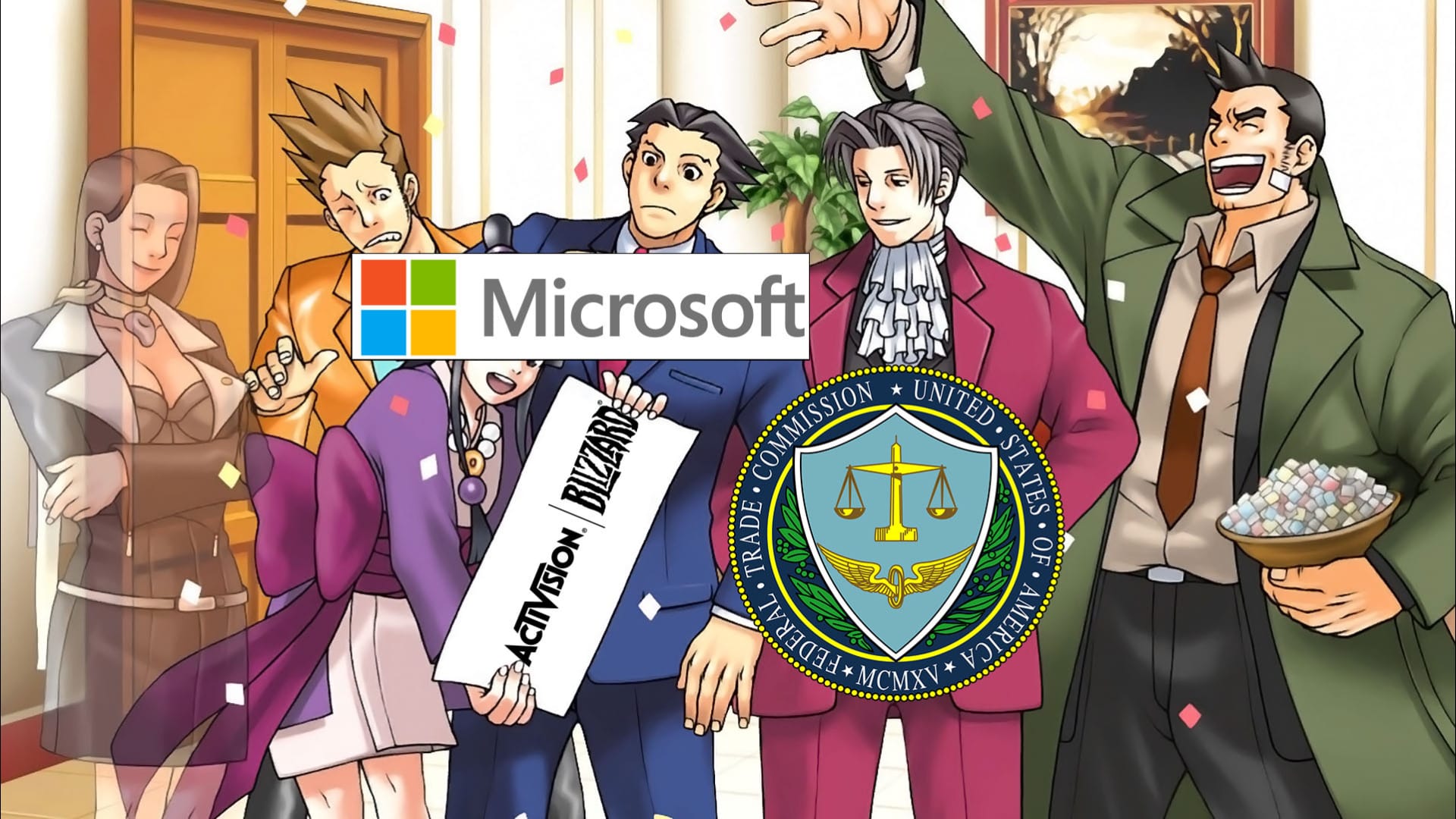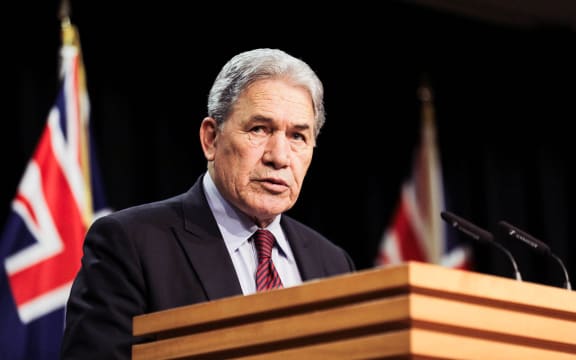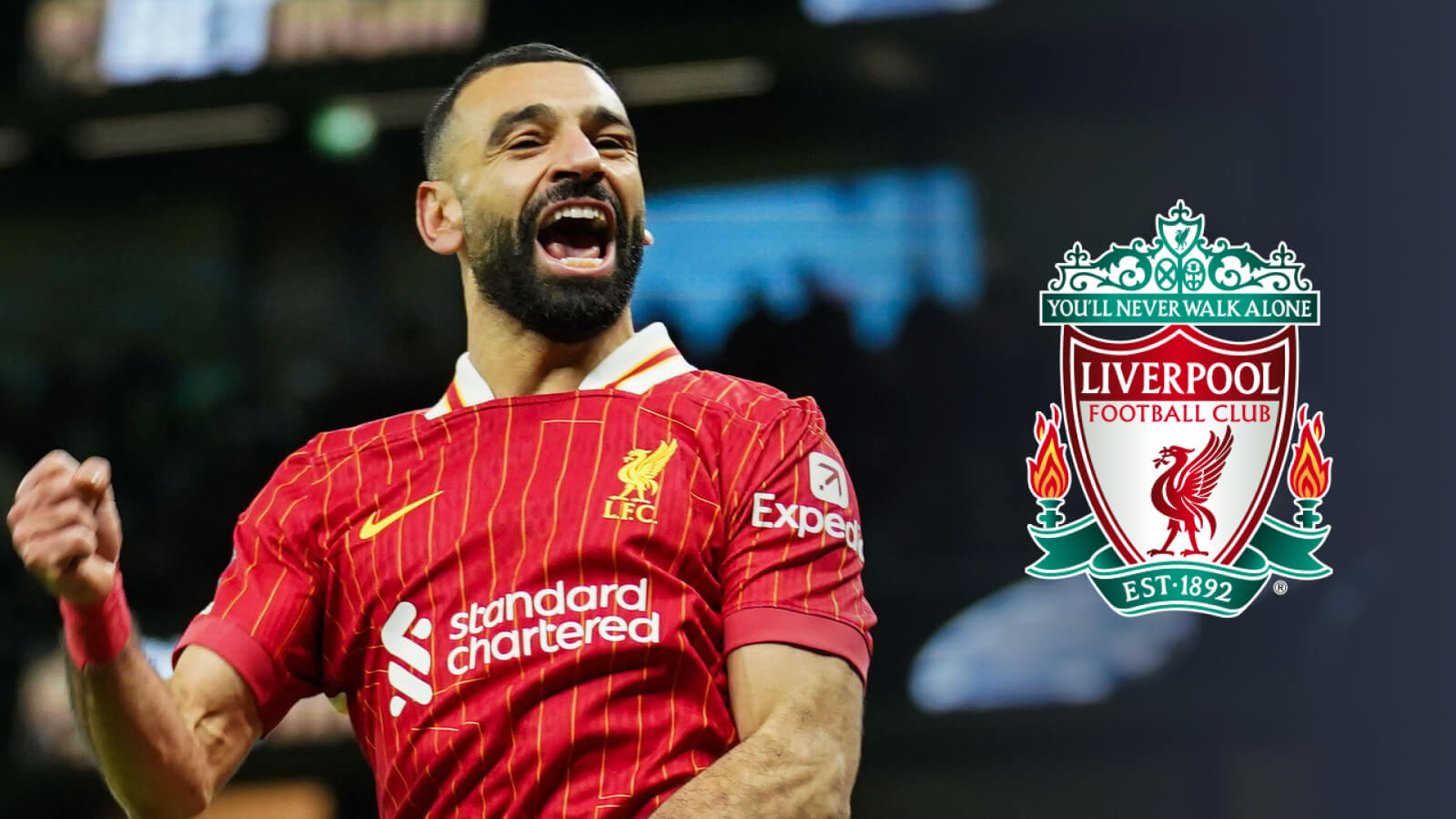Activision Blizzard Acquisition: FTC's Appeal Against Court Ruling

Table of Contents
The FTC's Arguments Against the Acquisition
The FTC's core argument centers on the belief that the Activision Blizzard acquisition would grant Microsoft excessive control over the gaming market, potentially harming consumers and stifling competition.
Concerns about Market Domination
The FTC argues that the merger would create an unacceptably dominant force, particularly within the burgeoning cloud gaming sector. This concern stems from several key factors:
- Microsoft's existing market power: Microsoft already holds a significant share of the console gaming market with its Xbox consoles and a substantial presence in PC gaming.
- Activision Blizzard's portfolio: Activision Blizzard owns immensely popular franchises like Call of Duty, Candy Crush, and World of Warcraft, adding significant weight to Microsoft's already considerable influence.
- Potential for exclusivity: The FTC fears that Microsoft could leverage its ownership of Activision Blizzard to make these popular titles exclusive to its Xbox ecosystem, significantly harming competitors like PlayStation and other platforms. This could lead to a reduction in consumer choice and potentially higher prices for gamers on rival platforms.
- Insufficient remedies: The FTC contends that the remedies offered by Microsoft to mitigate competitive concerns were inadequate and wouldn't effectively prevent anti-competitive behavior.
Stifling Innovation and Competition
Beyond market dominance, the FTC argues the acquisition would stifle innovation and competition throughout the video game industry. This could manifest in several ways:
- Reduced incentive for innovation: With less competition, Microsoft might have decreased motivation to innovate and improve its gaming offerings.
- Exclusionary practices: Microsoft could use its market power to exclude rival companies from essential distribution channels, creating a significant barrier to entry for new competitors.
- Harm to smaller developers: Smaller game developers, who rely on a level playing field, could be disproportionately affected by the reduced competition and potential for monopolistic practices.
The Court's Initial Ruling and the FTC's Response
The Judge's Decision
The initial court ruling allowed the Microsoft-Activision Blizzard merger to proceed. The judge's decision largely centered on the belief that Microsoft's proposed remedies sufficiently addressed the FTC's competitive concerns. The judge found the FTC's arguments regarding market dominance and stifling innovation unconvincing, based on the evidence presented during the trial. While the full details of the judge's reasoning are extensive, key elements included Microsoft's commitments to maintain Call of Duty availability on competing platforms.
The FTC's Appeal and its Strategy
Unsatisfied with the court's decision, the FTC launched an appeal, arguing that the judge's interpretation of the evidence was flawed. The FTC's appeal strategy relies on highlighting the potential for long-term harm to competition and consumer choice, emphasizing the significant market power Microsoft would wield post-acquisition. The FTC's appeal process includes presenting further evidence and legal arguments focused on the long-term impacts and potential for future anti-competitive behaviors. The timeline for the appeal process could extend for several months or even years.
Potential Implications of the Appeal
Impact on the Gaming Industry
The outcome of the FTC's appeal will significantly impact the gaming industry. Short-term implications include potential delays in game releases or adjustments to game development strategies. Long-term consequences could involve altered market dynamics, potentially higher game prices, and diminished consumer choice. The future of cloud gaming, a rapidly evolving sector, also hinges heavily on the outcome of this legal battle. Uncertainty surrounding the Activision Blizzard acquisition continues to affect game developers and publishers alike.
Wider Antitrust Implications
This appeal extends beyond the gaming industry, having broader implications for antitrust law and regulation. The decision could set a precedent for future tech mergers and acquisitions, influencing how regulators approach similar cases in the future. It could also lead to a reassessment of antitrust enforcement strategies and a potential shift in the power dynamics within the tech sector. The case will undoubtedly influence how future mergers and acquisitions in the tech industry are scrutinized and regulated.
Conclusion
The FTC's appeal of the Activision Blizzard acquisition is a pivotal legal battle with far-reaching consequences for the gaming industry and antitrust law. The outcome will fundamentally shape the future of competition, innovation, and consumer choice in the gaming sector. Both sides present compelling arguments, highlighting the inherent complexities of regulating mergers in rapidly evolving digital markets. Keeping abreast of developments in the Activision Blizzard Acquisition case is vital for anyone invested in the gaming industry's future and broader tech regulation. Stay informed about the progression of this appeal to better understand the evolving landscape of the gaming market and its implications for the future of gaming.

Featured Posts
-
 Significant Lead Farage Overtakes Starmer As Preferred Prime Minister In Over Half Of Uk Constituencies
May 03, 2025
Significant Lead Farage Overtakes Starmer As Preferred Prime Minister In Over Half Of Uk Constituencies
May 03, 2025 -
 The Photoshopping Debate Analyzing Christina Aguileras Recent Images
May 03, 2025
The Photoshopping Debate Analyzing Christina Aguileras Recent Images
May 03, 2025 -
 Salah Contract Negotiations A Warning And The Implications For Liverpool
May 03, 2025
Salah Contract Negotiations A Warning And The Implications For Liverpool
May 03, 2025 -
 Netanyahu Critique Severement Macron Sur La Question Palestinienne
May 03, 2025
Netanyahu Critique Severement Macron Sur La Question Palestinienne
May 03, 2025 -
 La Terapia Alla Russofobia Secondo Medvedev L Ombra Dei Missili Nucleari
May 03, 2025
La Terapia Alla Russofobia Secondo Medvedev L Ombra Dei Missili Nucleari
May 03, 2025
Latest Posts
-
 Investment In Belgian Energy A 270 M Wh Bess Financing Case Study
May 04, 2025
Investment In Belgian Energy A 270 M Wh Bess Financing Case Study
May 04, 2025 -
 Belgiums Energy Market Financing Options For A 270 M Wh Bess
May 04, 2025
Belgiums Energy Market Financing Options For A 270 M Wh Bess
May 04, 2025 -
 Challenges And Solutions Financing A 270 M Wh Bess In Belgium
May 04, 2025
Challenges And Solutions Financing A 270 M Wh Bess In Belgium
May 04, 2025 -
 Securing Funding For A 270 M Wh Bess Project In The Belgian Merchant Market
May 04, 2025
Securing Funding For A 270 M Wh Bess Project In The Belgian Merchant Market
May 04, 2025 -
 270 M Wh Battery Energy Storage System Bess Financing In Belgium
May 04, 2025
270 M Wh Battery Energy Storage System Bess Financing In Belgium
May 04, 2025
